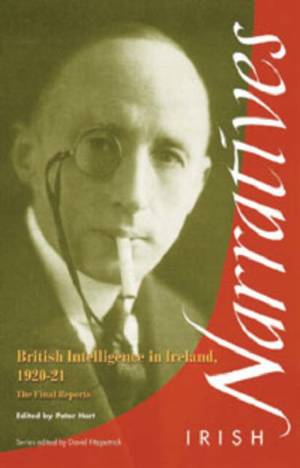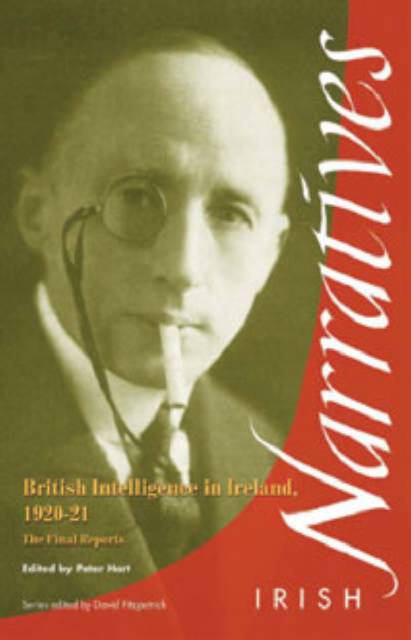
- Retrait gratuit dans votre magasin Club
- 7.000.000 titres dans notre catalogue
- Payer en toute sécurité
- Toujours un magasin près de chez vous
- Retrait gratuit dans votre magasin Club
- 7.000.000 titres dans notre catalogue
- Payer en toute sécurité
- Toujours un magasin près de chez vous
Description
The Irish revolution of 1920-1921 ended in a military and political stalemate, resolved only through the mutual compromise incorporated in the Anglo-Irish Treaty. Historians have long accepted that the one conflict in which there was a clear winner was that of Intelligence, where British ineptitude was painfully exposed by the organizational genius of Michael Collins. This judgement is challenged by the recent release of two confidential self-assessments prepared for the army and the police in 1922. Through many setbacks and inefficiencies, the police report indicates a marked improvement in operations superintended by that "wicked little white snake", Sir Ormonde de l'Epee Winter (1875-1962). His report, though self-serving and flawed, provides a uniquely detailed and personal account of Intelligence from the inside. The editor's introduction assesses the purpose, reliability and significance of these reports. Their publication is a significant contribution to the study of Irish revolutionary history.
Spécifications
Parties prenantes
- Auteur(s) :
- Editeur:
Contenu
- Nombre de pages :
- 96
- Langue:
- Anglais
- Collection :
Caractéristiques
- EAN:
- 9781859182017
- Date de parution :
- 30-06-02
- Format:
- Livre broché
- Format numérique:
- Trade paperback (VS)
- Dimensions :
- 133 mm x 198 mm
- Poids :
- 136 g







